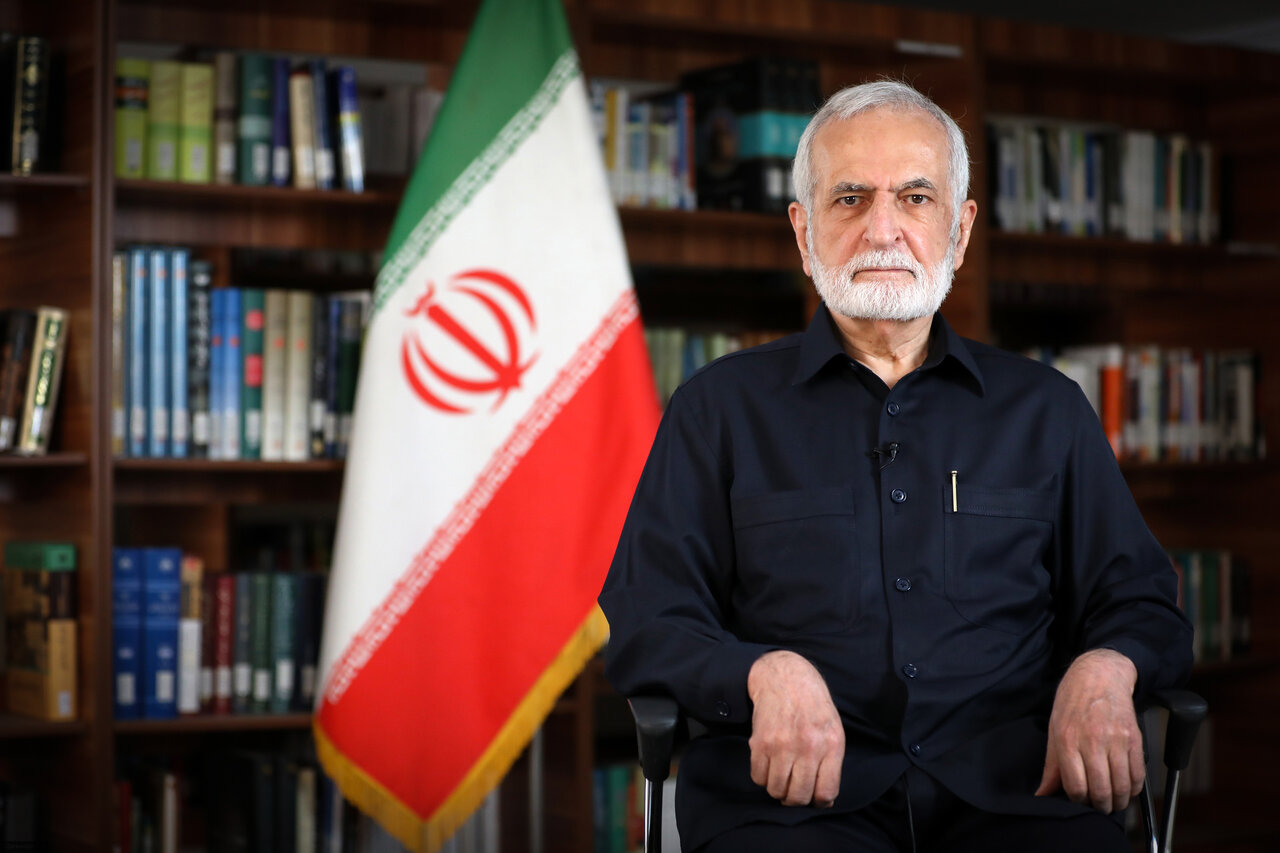Iran remains open to dialogue but rejects coercion, says senior diplomat

TEHRAN – A senior Iranian diplomat has reaffirmed the Islamic Republic’s readiness for negotiations while underlining its firm stance against coercion or imposed conditions.
Kamal Kharrazi, head of Iran’s Strategic Council on Foreign Relations and a member of the Expediency Council, made the remarks in an interview published Wednesday on the official website of Leader of the Islamic Revolution Ayatollah Seyyed Ali Khamenei. He stressed that any negotiation involving Iran must be guided by three core principles outlined by the Leader: dignity, wisdom, and expediency.
“Negotiations must be conducted on logical grounds, with respect for Iran’s national dignity. We are open to dialogue, but we will never accept imposition,” Kharrazi said. Referencing Ayatollah Khamenei’s recent statements, he noted that accepting talks under threat is neither honorable for any nation nor wise for its statesmen. The diplomat described U.S. demands in nuclear negotiations as “dictation, not negotiation,” highlighting that attempts to shut down Iran’s nuclear enrichment would be unacceptable.
Kharrazi elaborated on the three principles: dignity entails preserving national honor and avoiding humiliation, wisdom requires rational and logical dialogue, and expediency calls for a realistic understanding of circumstances and reasonable flexibility to achieve mutually beneficial outcomes. He cited Iran’s prior indirect talks with the United States, held before the outbreak of the 12-day Israeli-American war in June, as a demonstration of Tehran’s willingness to engage while neutralizing accusations of avoiding negotiations.
Despite skepticism about the other side’s intentions, Kharrazi said, the framework for indirect talks was approved to showcase Iran’s rationality and goodwill. Throughout five rounds of negotiations, he emphasized, Iran’s dignity was fully preserved, national enrichment rights were reaffirmed, and flexibility was exercised without compromising core interests.
The diplomat also addressed the outbreak of the 12-day war, describing it as proof that Western parties were not committed to genuine dialogue.
Kharrazi noted that two decades of nuclear diplomacy have demonstrated Iran’s long-standing commitment to dialogue, which the country views as a symbol of rationality and strength rather than weakness.
Turning to the West’s nuclear accusations, Kharrazi argued that they stem from a failure to understand Iran’s religious culture, including Ayatollah Khamenei’s fatwa prohibiting nuclear weapons. He emphasized that the nuclear issue has long been used as a pretext for political pressure, noting that Iran voluntarily implemented the IAEA Additional Protocol, allowing inspections that have confirmed Iran is not pursuing nuclear arms.
Highlighting the strategic importance of uranium enrichment, Kharrazi explained that Iran must ensure energy self-sufficiency and reduce dependence on foreign fuel supplies. He said the country aims to generate 20,000 megawatts of nuclear electricity, with enrichment forming the cornerstone of its energy independence.
Finally, reflecting on the 12-day war, he noted Iran’s decisive and swift defensive response, which forced the Israeli regime to seek a ceasefire. Kharrazi praised the leadership of Ayatollah Khamenei in maintaining public calm and directing replacement appointments after the martyrdom of senior commanders, stating that Iran’s domestic strength and preparedness are key to safeguarding its sovereignty.
